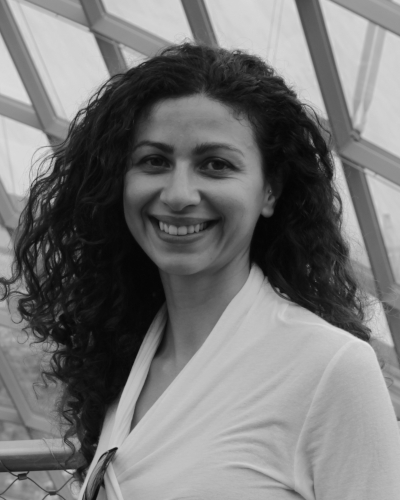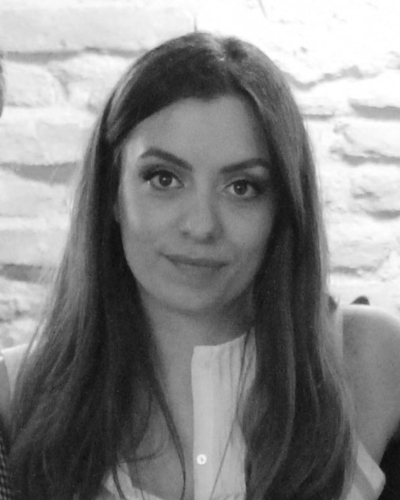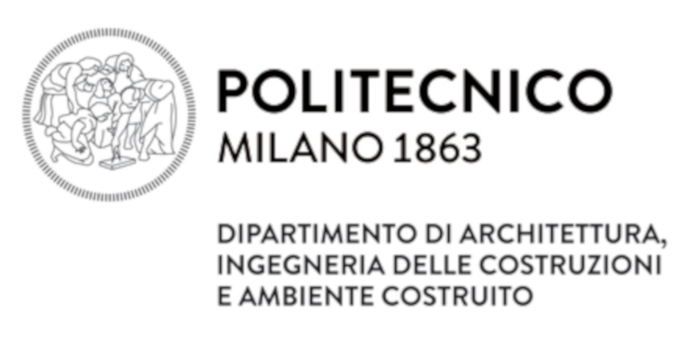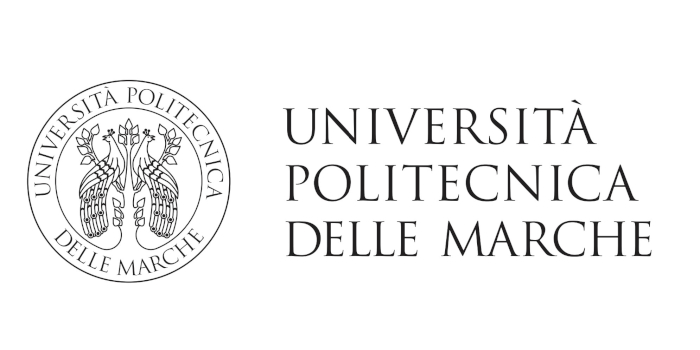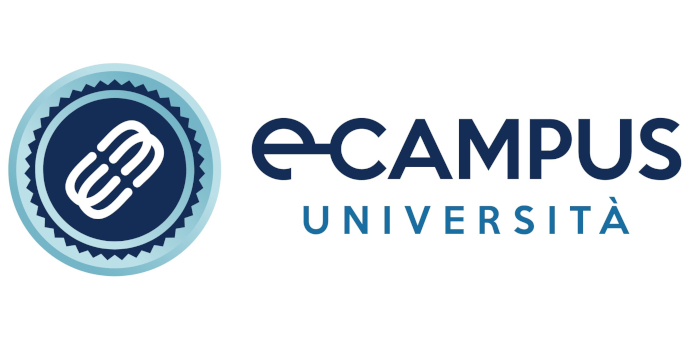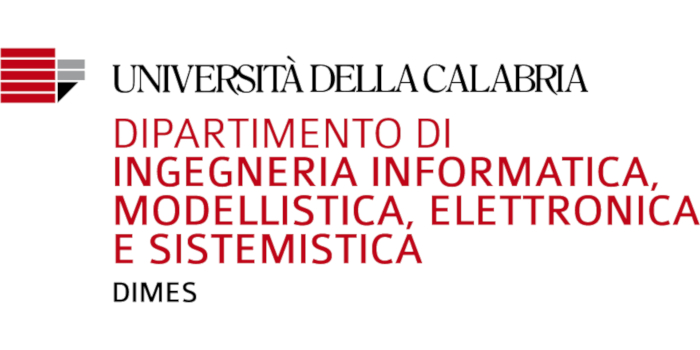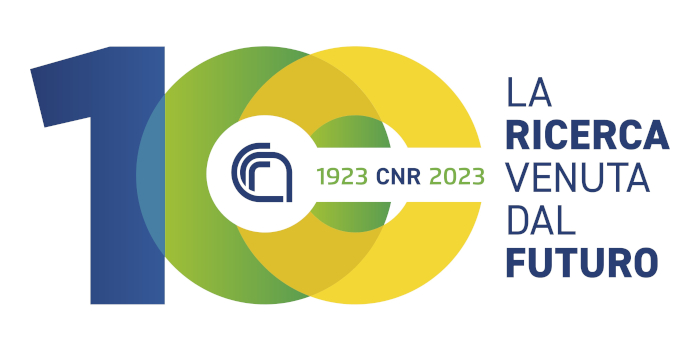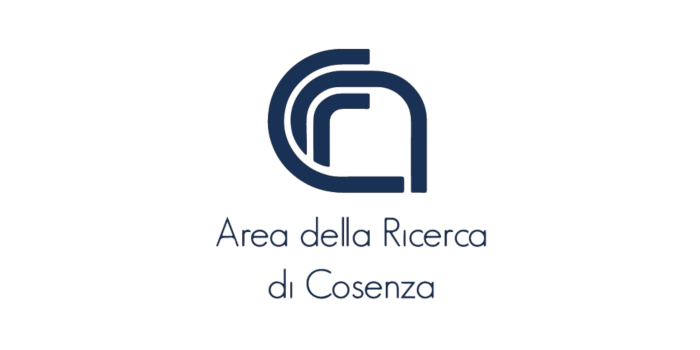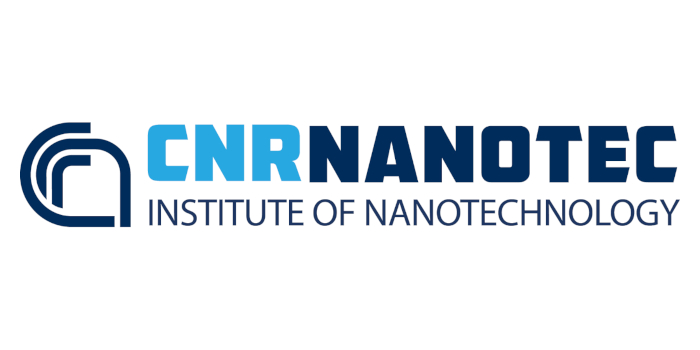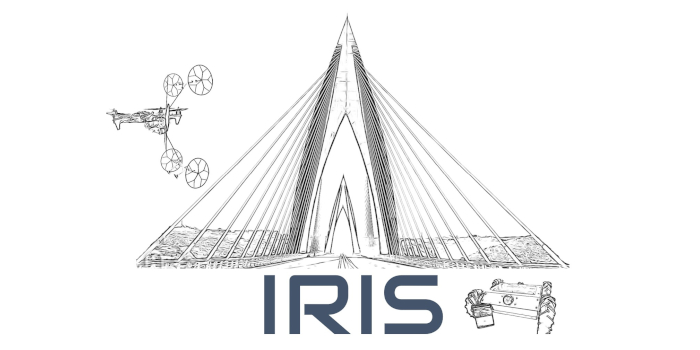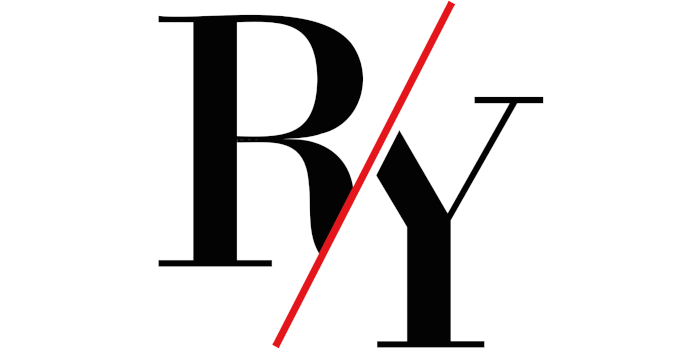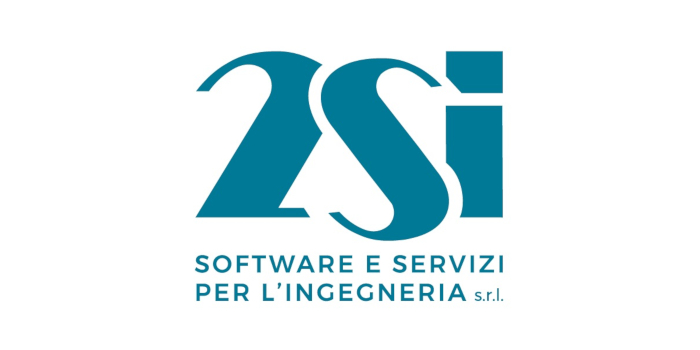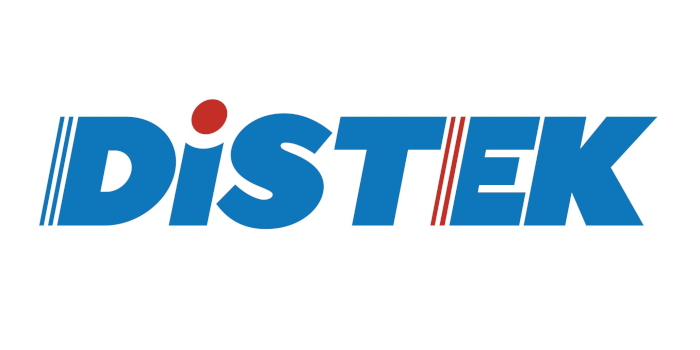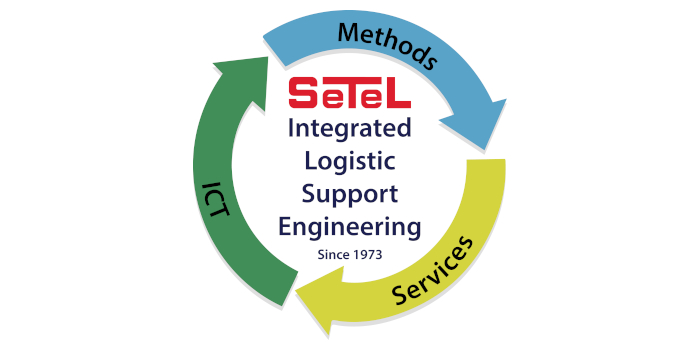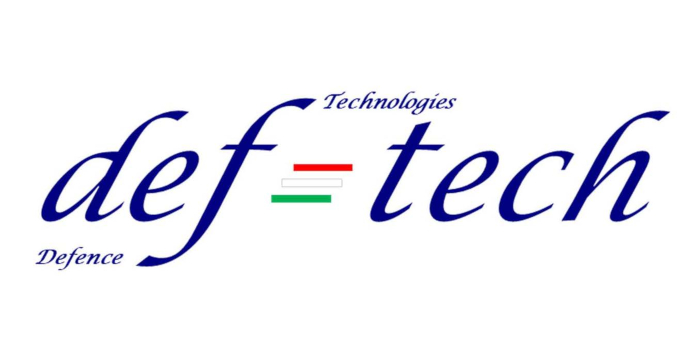SPECIAL SESSION #3
Smart and Resilient Management of the Built Environment
ORGANIZED BY
Marianna Rotilio
University of L'Aquila, Italy
Valentina Villa
Politecnico di Torino, Italy
Alessandra Corneli
Università Politecnica delle Marche, Italy
ABSTRACT
Developing resilient cities is a strategic goal, made even more evident by recent events, not only in terms of dealing with chronic stresses such as social, economic and financial ones, but especially with emergency situations. Built environment can be considered a complex system based on relationships between physical elements, such as density, morphology, accessibility, infrastructure and non-physical elements, such as relationships, citizenship rights, digital networks. When a disaster occurs, the degree of complexity is amplified exponentially and traditional urban management systems may be completely ineffective. In fact the conventional theories of management that provide a clear distinction between the planning/decision phase and the implem entation/execution phase can no longer cope with this complex context. Therefore, new management approaches are required to implement safety, resilience and sustainability and to develop reconstruction activities. Hence, it is crucial to efficiently integrate processes and scales, in a comprehensive system capable of leveraging proactively the combined value of interdisciplinary data and models to simulate, predict, measure, and access risk, anticipating uncertainties and using technology as an opportunity to mitigate impacts.
This special session focuses on technologies, methodologies and future perspectives with a strong focus on the digital twin, wearable devices, artificial intelligence, machine learning, emerging technologies, ... for risk mitigation, safety implementation in construction and reconstruction activities in complex contexts, in order to implement resilience from a smart city perspective. All with the aim of ensuring maximum safety of the workers, production and management efficiency as well as the highest reduction of possible impacts on the environment.
ABOUT THE ORGANIZERS
Marianna Rotilio is senior researcher at the Department of Civil, Construction-Architecture, Environmental Engineering of the University of L'Aquila, Italy. Her research has been focused on issues relating to building production and components, and in particular it was directed towards the analysis of the hygrothermal behavior of masonry and monitoring of components and construction elements in building, also in a multidisciplinary key; to technologies and processes for the reuse, re-manufacturing and recycling of products, components and materials and the definition of new materials and new technologies for safety. Finally, her research has been focused on the ratio nalized management of the on-site construction process and worker safety. The field of study is mainly that relating to historical and particularly complex contexts, also through the use of intelligent and innovative systems. She is member of ISTeA scientific society and scientific team member of the “Capacity Building in Sustainability for Architectural Heritage - SAH” project, funded under the European Program CBHE (Capacity Building for Higher Education). During her research career, she published over one hundred papers and partecipated in several conferences to present her research.
Valentina Villa is associate professor at the Department of Structural, Geotechnical and Building Engineering of the Politecnico di Torino, Italy. She's the principal of the Polytechnic of Turin for the scientific area of building production and construction management. Her research has been focused on issues relating to Building Information Modeling, public procurement and digitization of the tender phase, Digital Twin and using Iot for Facility Management, project management of the on-site construction process, construction management and works scheduling.
She's the scientific responsible, for Polytechnic of Turin, for "A Distributed Digital Collaboration Framework for Small and Medium-Sized Engineering and Construction Enterprises" project. She’s team member of the “ReCharged” project, “Climate-aware Resilience for Sustainable Critical and interdependent Infrastructure Systems enhanced by emerging Digital Technologies, (2023-2026)” UE - HE - Excellent Science – MSCA.
She published over one hundred papers and partecipated in several conferences to present her research.
Dr. Alessandra Corneli is a young researcher at the Department of Construction, Civil Engineering and Architecture of the Polytechnic University of Marche. She is focused on digitization of processes in the AECO sector. She works on integration of technologies and in her research, she worked with artificial intelligence, mixed reality, high performance sensors and blockchain. The field of her studies mainly focused on the management of built environment and construction processes with a specific interest in developing framework for digital twin applications. She is part of the UNIVPM team of the PRIN 2017 project “A distributed digital collaboration frame work for small and medium-sized engineering and construction enterprises". She gave lectures on the topics of her research in postgraduate master’s programs. She presented her research work in international conferences such as ISARC, EC3 and CONF.ITECH. She has been asked to give a talk on digital twin at ARQUEOLÓGICA 2.0 & GEORES 2021 conferences. She is member of ISTeA scientific society.

